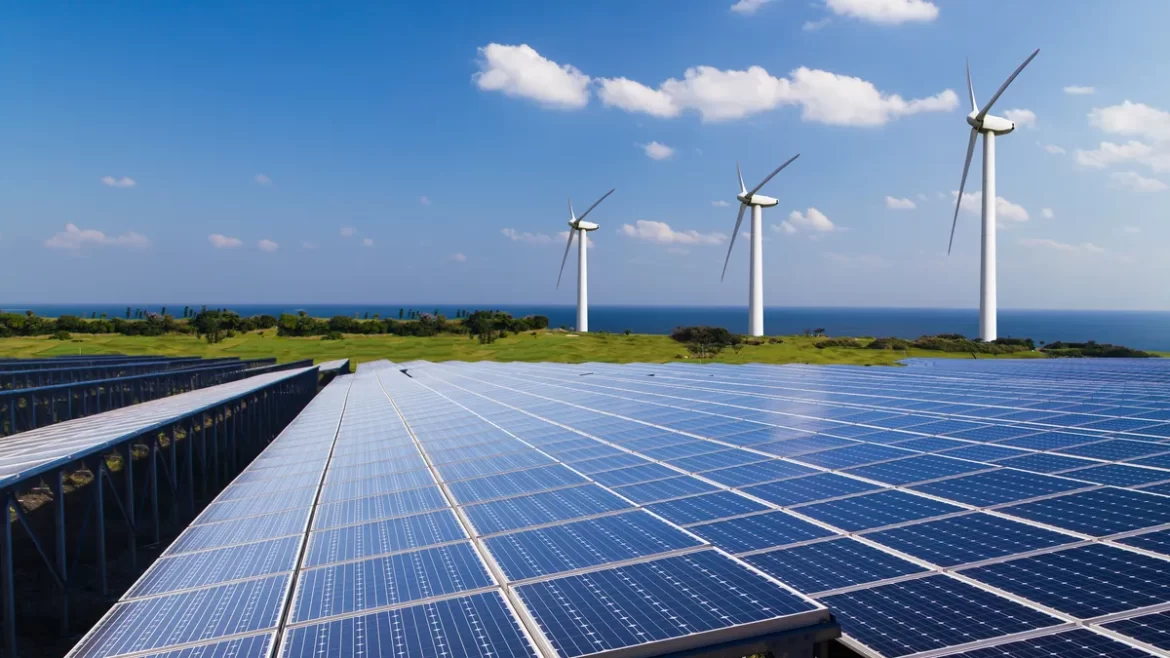CAIRO, October 2024: Egypt has lowered its renewable energy target for 2040 from 58% to 40%, as announced by Petroleum Minister Karim Badawi.
He emphasized that natural gas will remain a key part of Egypt’s energy strategy for the foreseeable future.
Before hosting the COP27 climate summit in 2022, Egypt committed to increasing renewable energy to 42% of its energy mix by 2035, later advancing the goal to 2030.
In June 2024, former Electricity Minister Mohamed Shaker unveiled a plan to raise the target to 58% by 2040, which has now been scaled back.
Speaking at the Mediterranean Energy Conference 2024, Badawi called for collaboration on boosting natural gas discoveries and attracting investments through exploration bids, citing the region’s significant untapped resources.
Egypt’s reliance on fossil fuels persists as it aims to restore confidence among foreign oil companies. Operations in the country had slowed due to a hard currency shortage that left Egypt with billions in arrears to international energy firms.
Since taking office in July, Badawi has engaged with several global energy companies, including Italy’s Eni, which plans to begin drilling new wells in the Zohr gas field, Egypt’s largest, in early 2025 to boost declining production.
Zohr’s gas output peaked at 3.2 billion cubic feet per day (bcf/d) in 2019, allowing Egypt to become a net exporter. However, by early 2024, production had dropped to 1.9 bcf/d, prompting Egypt to import gas via a pipeline from Israel and through liquefied natural gas (LNG) shipments to avoid prolonged load shedding.
Additionally, Egypt’s imports of high-sulphur fuel oil reached 255,000 barrels per day (bpd) in September, the highest level since at least 2016, as the country grapples with balancing energy demands.
![]()




